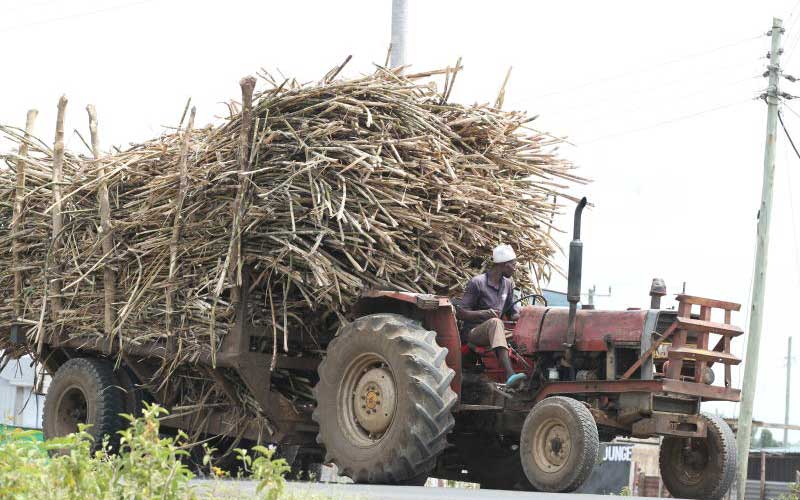×
The Standard e-Paper
Join Thousands Daily

Sugarcane farmers in Muhoroni transporting cane to milling industry after harvest. [Jonah Onyango, Standard]
Sugarcane farmers will be paid within seven days after the crop is harvested and delivered to millers if new proposals are adopted.